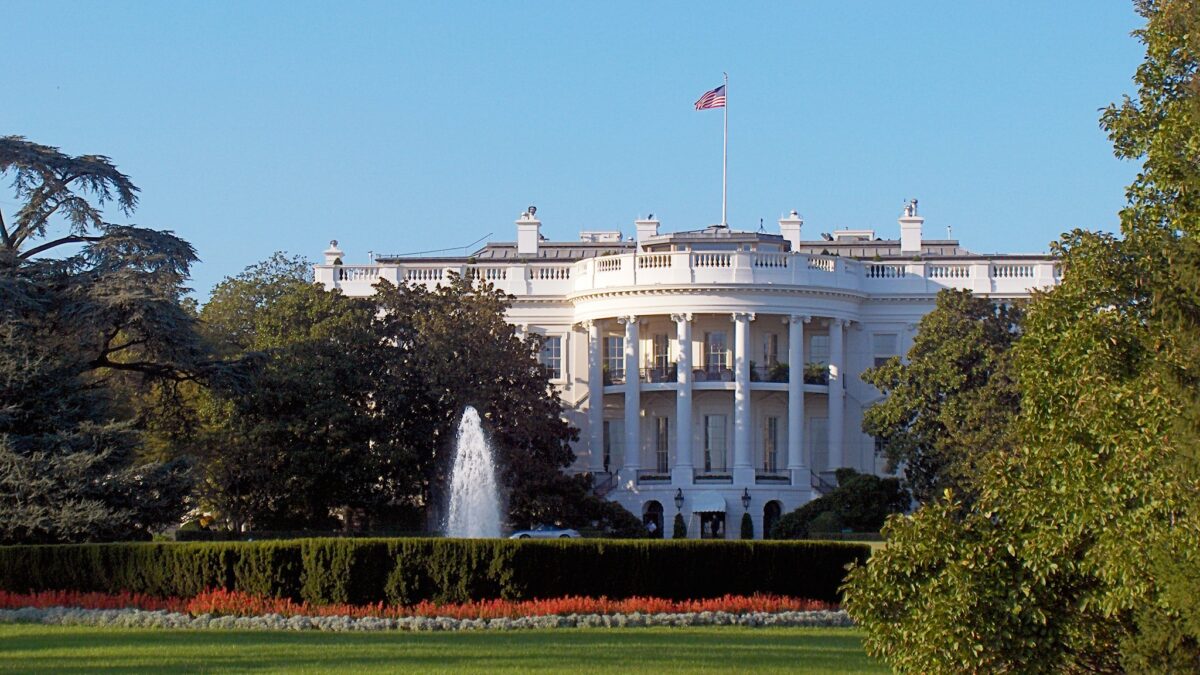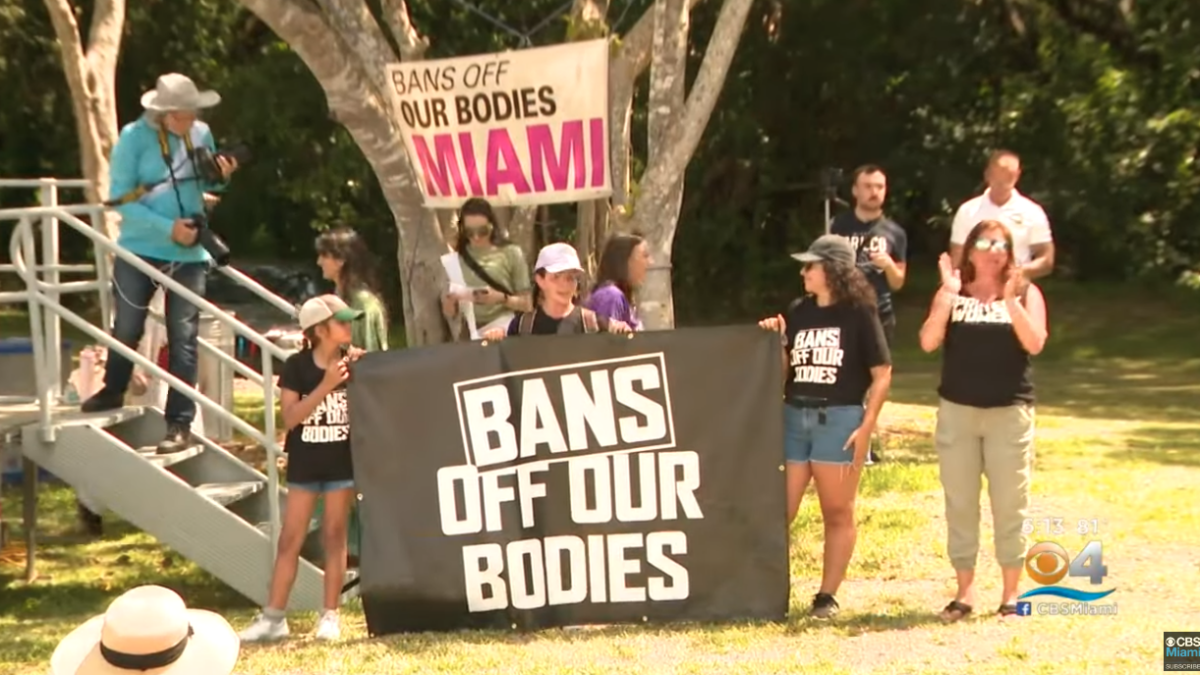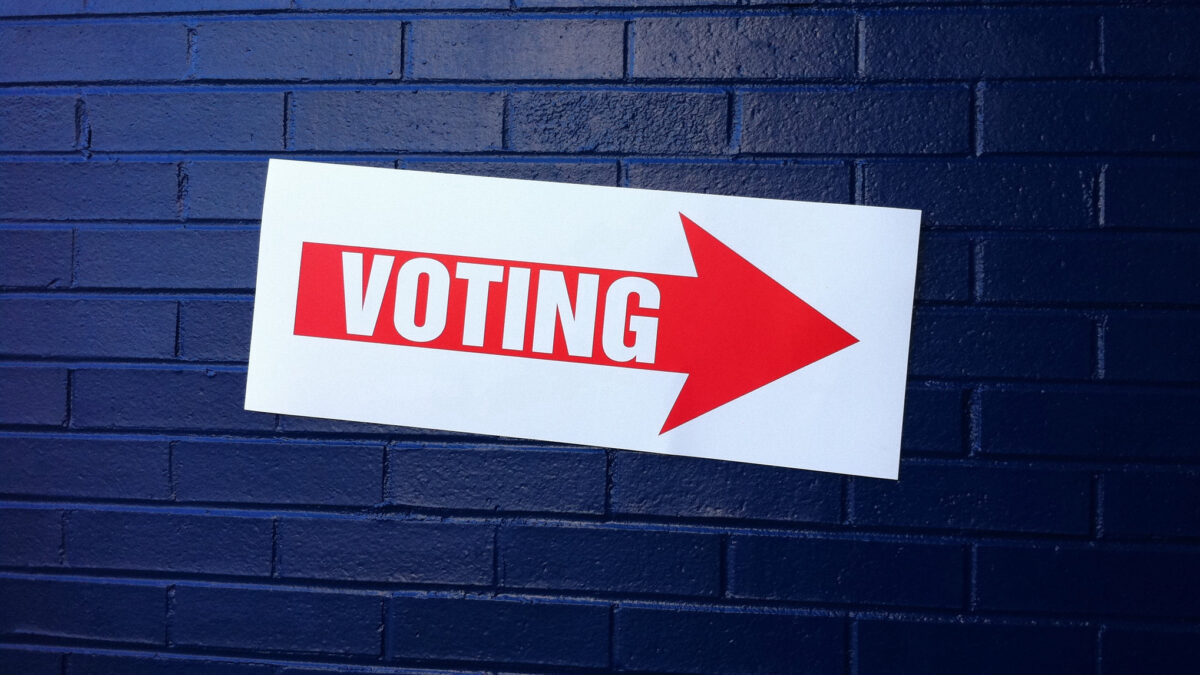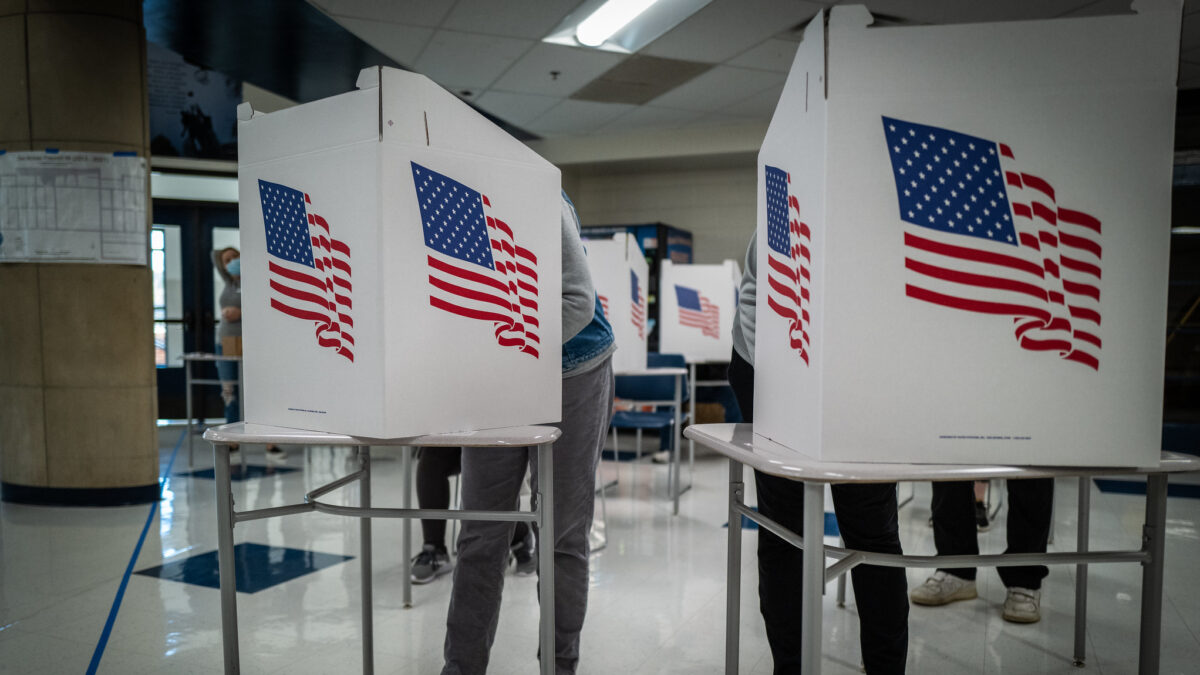The Supreme Court recently heard oral argument in one of the most important cases this term, one with critical implications for First Amendment free speech rights as society proceeds further into a world reliant upon internet service.
The controversy at the heart of Murthy v. Missouri is the Biden administration’s effort to pressure or “jawbone” social media to censor various opinions and public policy advocacy about the Covid pandemic that it found objectionable.
The Biden administration naturally claims it was simply engaging in discourse with social media leaders to “inform and persuade,” but discovered correspondence included direct threats against the companies while White House officials openly and publicly threatened new “legal and regulatory measures” if the targeted groups failed to submit to its desires.
Those revelations only confirm widespread suspicion that the left-leaning administrative state, favored and further empowered by the Biden administration, seeks to exploit its vast authority to suppress the speech of Americans who don’t share its preferred narratives or big-government goals.
The Supreme Court must now determine whether that White House pressure campaign crossed the line into unconstitutional intimidation and censorship, even without formal government prosecution or enforcement. Under applicable Supreme Court precedent, the Biden administration’s form of “informal censorship may sufficiently inhibit the circulation of publications to warrant injunctive relief,” even where the targeted groups are “free” to ignore its threats, because “people do not lightly disregard officers’ thinly veiled threats.”
More Government Censorship with ‘Net Neutrality’
The case assumes additional importance amid the Federal Communications Commission’s (FCC) attempt to resurrect the discredited Title II “net neutrality” regulations that would designate internet service as a “public utility” subject to federal micromanagement under Depression-era statutes meant for obsolete copper-wire telephone service.
What could possibly go wrong by placing one of the nation’s most dynamic economic sectors under greater control of federal bureaucracies?
Actually, the idea was briefly imposed at the end of the Obama administration, and the results were immediate and destructive: For the first time in history outside of an economic recession, private broadband investment declined. After the Trump administration rescinded the Title II rules and returned to the longstanding “light touch” internet service regulations, internet investment resumed and internet performance accelerated and even outperformed all expectations through the Covid pandemic. This week, the FCC announced it will vote later this month to revert to Obama-era “net neutrality” rules.
Unfortunately, many Supreme Court observers suggest that the justices’ behavior during oral argument in Murthy last week indicated the court may be reluctant to fully condemn and remedy the Biden administration’s assault on First Amendment free speech rights. That makes it even more important for Americans to awaken to how Title II “net neutrality” would give the Biden administration new and powerful tools to exercise political control over the internet.
As noted above, reimposing those “net neutrality” regulations upon internet service providers (ISPs) would allow the federal government to dictate the types of services offered and even the prices that could be charged. In turn, that would allow federal bureaucrats the authority to penalize ISPs that fail to toe the administration’s line versus other more compliant ISPs.
The Biden administration claims it would never use its Title II “net neutrality” powers to set prices. As we at the Center for Individual Freedom have recently highlighted, however, rate regulation is precisely what the Biden Commerce Department has sought to impose through its implementation of broadband expansion programs within the 2021 infrastructure bill, despite the statute explicitly prohibiting it, and despite sworn testimony before the Senate from Commerce Department officials foreswearing the same.
Watch what the Biden administration does, not what it says, even in sworn Senate testimony.
Enforcing ‘Digital Equity’
As another example of gross regulatory misconduct, the FCC, under the guise of “digital equity,” continues to move forward with unworkable and legally questionable racial discrimination rules that measure any unequal outcomes as evidence of intentional discrimination. Once again, the FCC foreswears any effort to exploit its authority to enforce its divisive agenda, but that same FCC also just demanded that broadcast companies provide government reports on the racial makeup of their labor forces.
Again, focus on what they do, not what they say.
Collectively, all of this reveals how the Biden administration seeks to create a political environment in which speech from those with whom the administration disagrees politically is suppressed or censored, even if that is accomplished via third parties in the private sector.
What the Biden administration wants is obvious. The question is why Americans would ever allow its growing administrative state vast new powers like Title II “net neutrality” to accomplish it.









